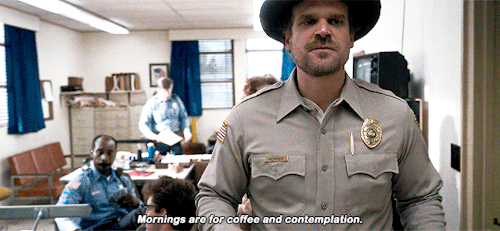
APPLICATION FOR A JOB
I wonder if you have ever applied for a particularly coveted position.
Even when faced with the impossible, do you think it is worth taking a chance, perhaps hoping for a stroke of luck, confident in the idea that “one in a thousand makes it”?
Are you a dreamer even in the concrete act of sending a CV?
I ask you this because in August, Condé Nast published an advertisement for an Executive Assistant to the Global Chief Content Director. The salary was up to 125,000 usd.
The end of June brought us the sensational news of Anna Wintour‘s “resignation”, although in reality she left her role as editor-in-chief of American Vogue to take on the role of Global Editorial Director of Vogue, as well as being responsible for Condé Nast’s global content.
This is not fiction: Andy Sacks‘ candidacy is really required! 🙂
And all this while 20th Century Studios tells us that The Devil Wears Prada 2 is in the works…
The recruitment campaign, i.e. the search and training of staff, a neologism according to Treccani, was launched on August 13,
Who will now be bringing hot coffee to Mir… oops, to Anna?
And you? Will you tell me about your special application?
Have you ever had to face a difficult challenge at work?









 Hi I'm Claudia and this is KCDC.
Hi I'm Claudia and this is KCDC.




OPINIONI